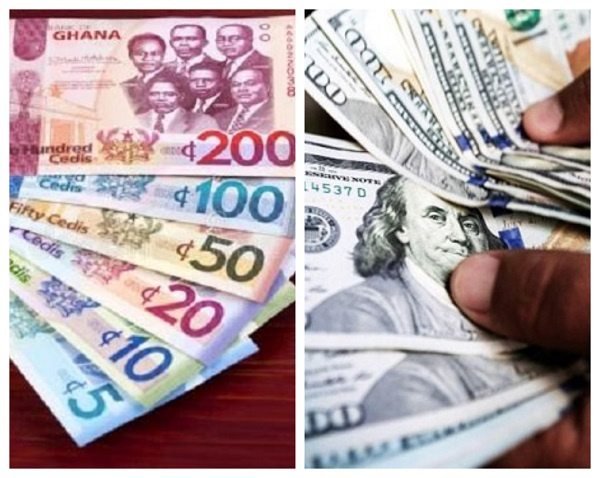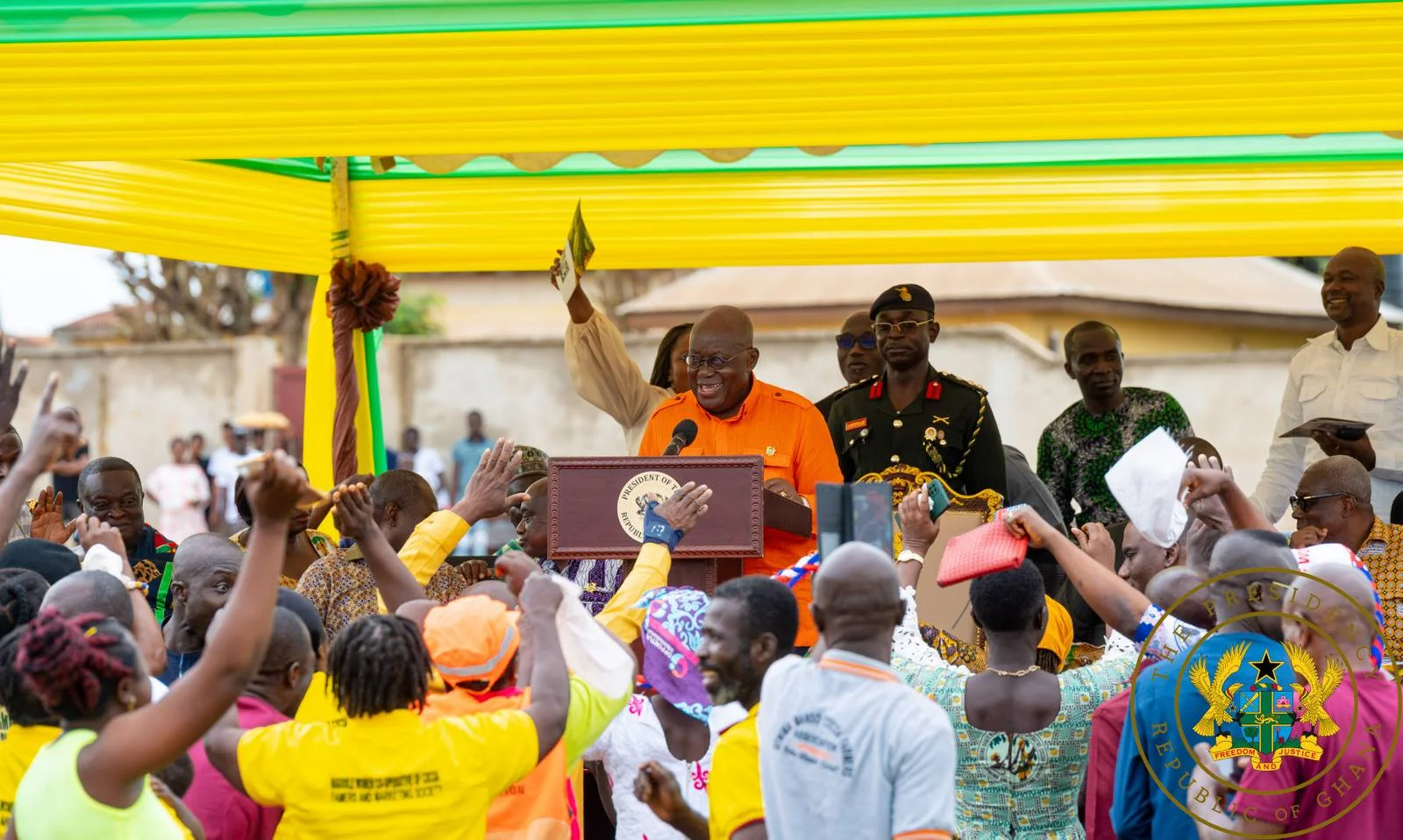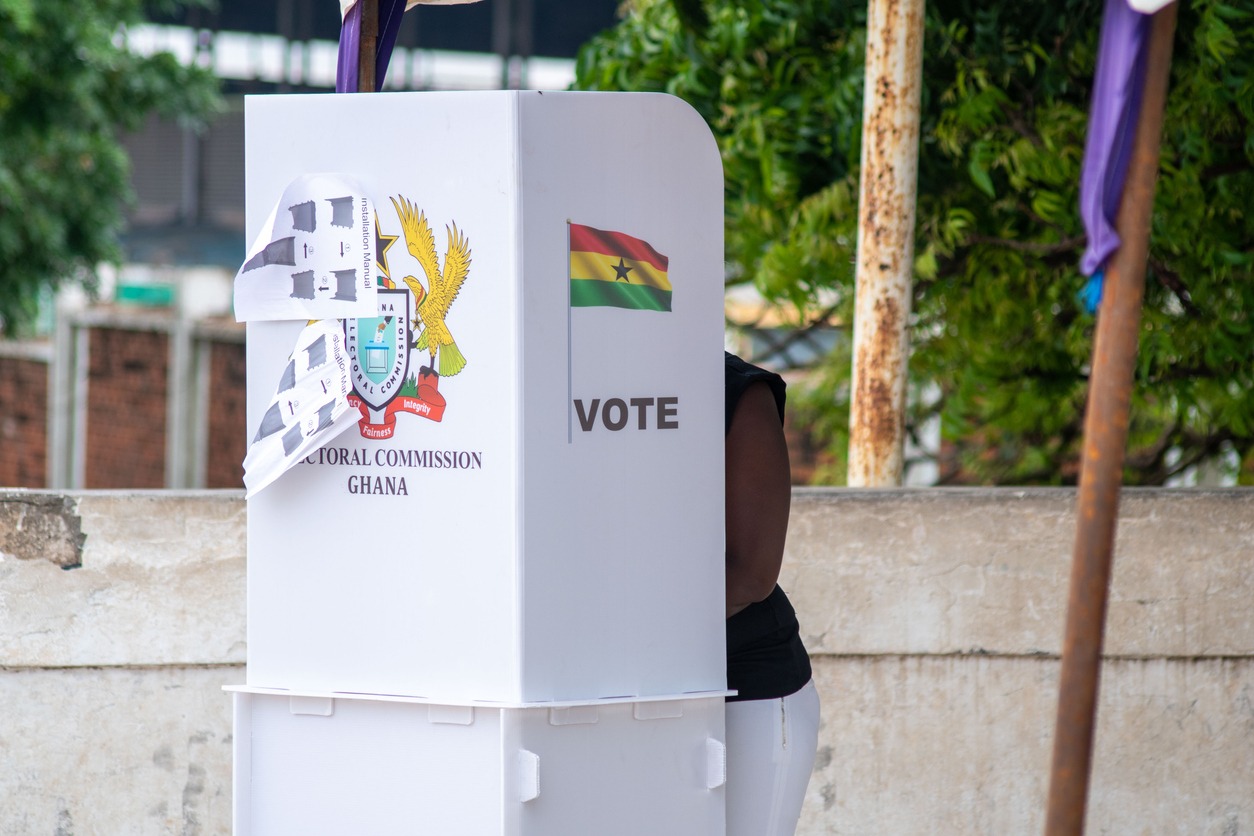The Ghana cedi (GHS) has recently been described as the world’s worst-performing currency. This is a concern that affects not just the economy but also everyday Ghanaian citizens. But what exactly does it mean for a currency to perform poorly? And why has the cedi fallen to this position? This post explores the reasons behind the depreciation, its impact on the economy, and what can be done to stabilize the currency moving forward.
What Led to the Decline of the Ghana Cedi?
 A currency’s performance is often measured by how much value it loses against major global currencies like the US dollar. The Ghana cedi has experienced significant depreciation against the dollar and other major currencies over recent years. Several factors contribute to this decline:
A currency’s performance is often measured by how much value it loses against major global currencies like the US dollar. The Ghana cedi has experienced significant depreciation against the dollar and other major currencies over recent years. Several factors contribute to this decline:
- Inflation:High inflation rates in Ghana reduce the purchasing power of the cedi, making imports more expensive and eroding overall confidence in the currency. The rising prices of goods and services have fueled this inflationary pressure.
- Trade Deficit: Ghana imports more than it exports, creating a trade imbalance that increases the demand for foreign currency compared to cedis. This higher demand for dollars puts downward pressure on the cedi.
- Government Debt: Increasing government borrowing, especially external debt, has also weakened the cedi. Repayment of such debts requires foreign exchange, which causes demand for foreign currencies to rise and the cedi to lose value.
- External Shocks: Global economic disruptions, including fluctuating commodity prices (Ghana is heavily dependent on cocoa and gold exports), and foreign investors’ sentiment have influenced the cedi’s value.
- The Impact of a Weak Ghana Cedi on the Economy and Citizens
- A declining currency affects many aspects of the Ghanaian economy and everyday life:
- Rising Cost of Living: As the cedi weakens, the prices of imported goods, fuel, and raw materials increase, driving up the cost of living for the average Ghanaian. This puts financial strain on households.
- Inflation Spiral: A weak cedi can lead to a vicious cycle of inflation. More money chasing fewer goods results in higher prices, which in turn devalues the currency further.
- Investment Challenges: Currency instability can deter foreign investors and raise the cost of borrowing for the government and companies, affecting economic growth.
- Savings and Wages: The erosion of the cedi’s value means that savings lose value quickly and wages may not keep pace with inflation, reducing purchasing power and living standards.

What Can Be Done to Stabilize the Ghana Cedi?
Addressing the depreciation of the cedi requires long-term strategic policies from government and economic institutions:
- Monetary Policy: The Bank of Ghana can use tools like interest rate adjustments and foreign exchange interventions to stabilize the currency.
- Diversifying the Economy: Reducing dependence on a few export commodities by promoting industrialization and other sectors can strengthen foreign exchange earnings.
- Control Inflation: Sound fiscal policies to control inflation, reduce government debt, and ensure stable public finances are key to restoring confidence in the cedi.
- Enhancing Exports: Efforts to boost exports and reduce the trade deficit can increase demand for the cedi, helping its value stabilize.

Conclusion
The Ghana cedi’s status as the world’s worst-performing currency highlights serious challenges but also opportunities for economic reforms. Understanding the underlying causes and impacts helps citizens and policymakers realize the importance of collective action toward currency stabilization. With consistent policies and economic diversification, the Ghana cedi can regain strength, improving the nation’s economic resilience and the everyday lives of its people.




